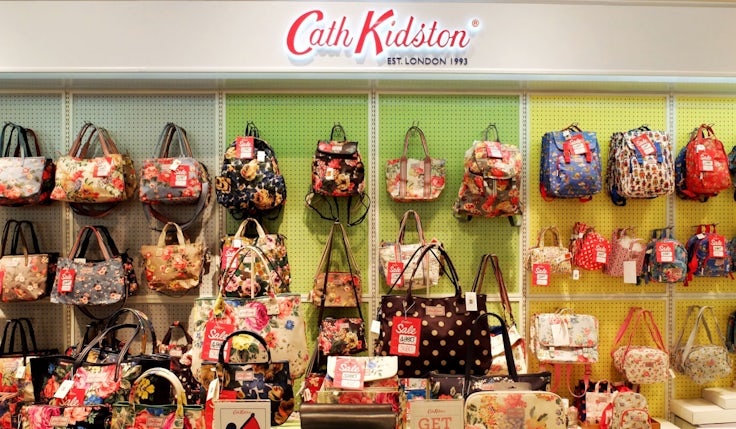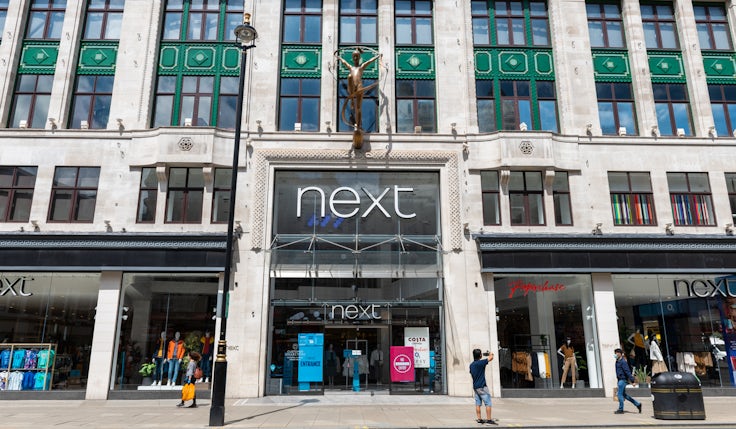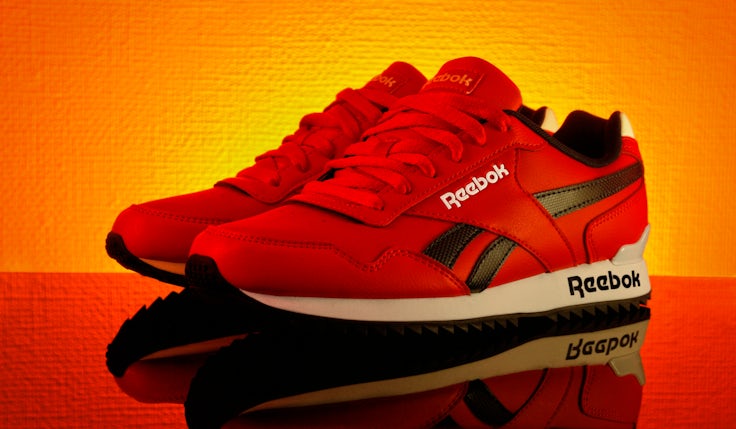‘Great brand, right price’: Why Next has snapped up the Cath Kidston brand
Next CEO Simon Wolfson says the retailer is looking to invest in “great brands”, which “bring something unique to the market with a clear market position”.

Next has acquired the Cath Kidston name and intellectual property in a deal worth £8.5m, adding to the portfolio of brands it has bought in recent years.
Once a high street fixture, Cath Kidston, known for its floral pattern clothing and home accessories, was put up for sale in June, two years after it collapsed into administration under the weight of the Covid-19 pandemic. Almost all of its 60 UK stores were shut as part of a rescue deal with Baring Private Equity Asia, though it has continued to trade online. The Next acquisition does not include the brand’s four remaining shops, which are expected to close.
What Cath Kidston does offer, however, is a well-known brand. According to YouGov’s BrandIndex, the brand claimed an awareness score of 62.3 out of 100 over the 30 days to 28 March.
It also scores above the high street average on quality perception, with a score of 16.4 versus 14.3. Next similarly boasts a strong quality perception score, at 32.6.
However, consideration and purchase intent are both low, with scores of 1.8 and 0.1, respectively. These are well below the high street average of 14.1 and 2.9.
Emily Salter, senior retail analyst at GlobalData, says Cath Kidston “fits well” into Next’s existing stable of brands in terms of its price positioning and focus on clothing with a complementary home offer.
“Cath Kidston’s focus on family shoppers is in line with Next’s core shoppers, and Next should use its expertise in childrenswear to strengthen the brand’s offer,” she tells Marketing Week.
However, the closure of most Cath Kidston stores will have “damaged its front of mind appeal”, Salter adds, advising Next to consider launching shop-in-shops to “return the brand to its former glory”.
Cath Kidston is far from the first embattled retailer snapped up by Next in the last 12 months. In December last year, it bought fashion retailer Joules out of administration in a deal worth £34m. Just a month prior, it acquired the brand and intellectual property of furniture brand Made.com. In April 2022, it bought baby goods retailer JoJo Maman Bebe.
In his review of the past year, published today (29 March), Next CEO Simon Wolfson outlined four criteria Next looks at when deciding whether to invest in a brand.
The CEO said Next is looking for “great brands”, which “bring something unique to the market with a clear market position”. Brands must also have “great management” so the business can operate and “thrive” independently, Next’s third-party ecommerce platform Total Platform must be able to add value to it, and it must come at the “right price”.
He did admit there were some exceptions to the rules, however. The retailer invested in online furniture store Swoon, for example, but has no plans to put it on Total Platform in the short term.
Wolfson also highlighted that Next has now created a new division to focus on investments, acquisitions and third-party brands. It will be led by its new group investments, acquisitions and third party brands director Jeremy Stakol, who joined the business in April.
“Importantly, we need to ensure that new business opportunities do not end up taking too much time from those whose main task is developing our heartland Next product, services and operations,” Wolfson said.
So far, the brands Next has acquired have all been “upper-mass market” or premium, Salter points out. “This is not by chance, but proves this is an area of retail this is struggling in the cost of living crisis,” she says.
But Next has the infrastructure and capital to give them new life. In the 12 months to January 2023, it saw its total trading sales rise 8.4% versus the year prior. Profit after tax also grew by 5.7% to £870m.
Charlie Huggins, manager of the ‘Quality Shares Portfolio’ at Wealth Club, points out that while many other retailers have struggled in the current environment, Next’s proposition is “clearly resonating with the UK consumer”.
“The removal of pandemic restrictions has certainly helped, leading to a strong recovery in store sales. But this shouldn’t take away from Next’s excellent operational execution,” he says.






